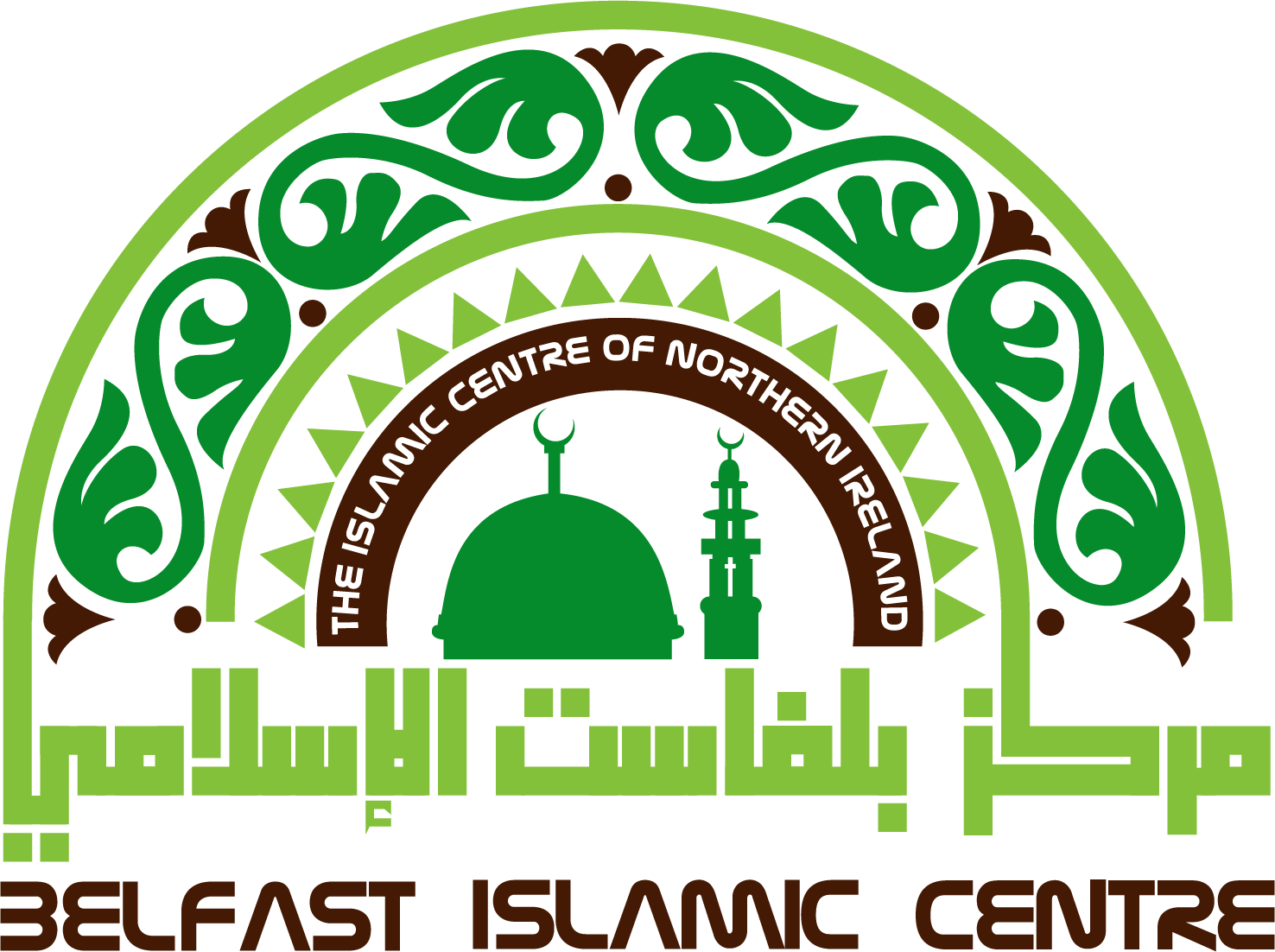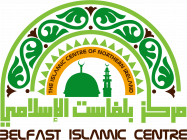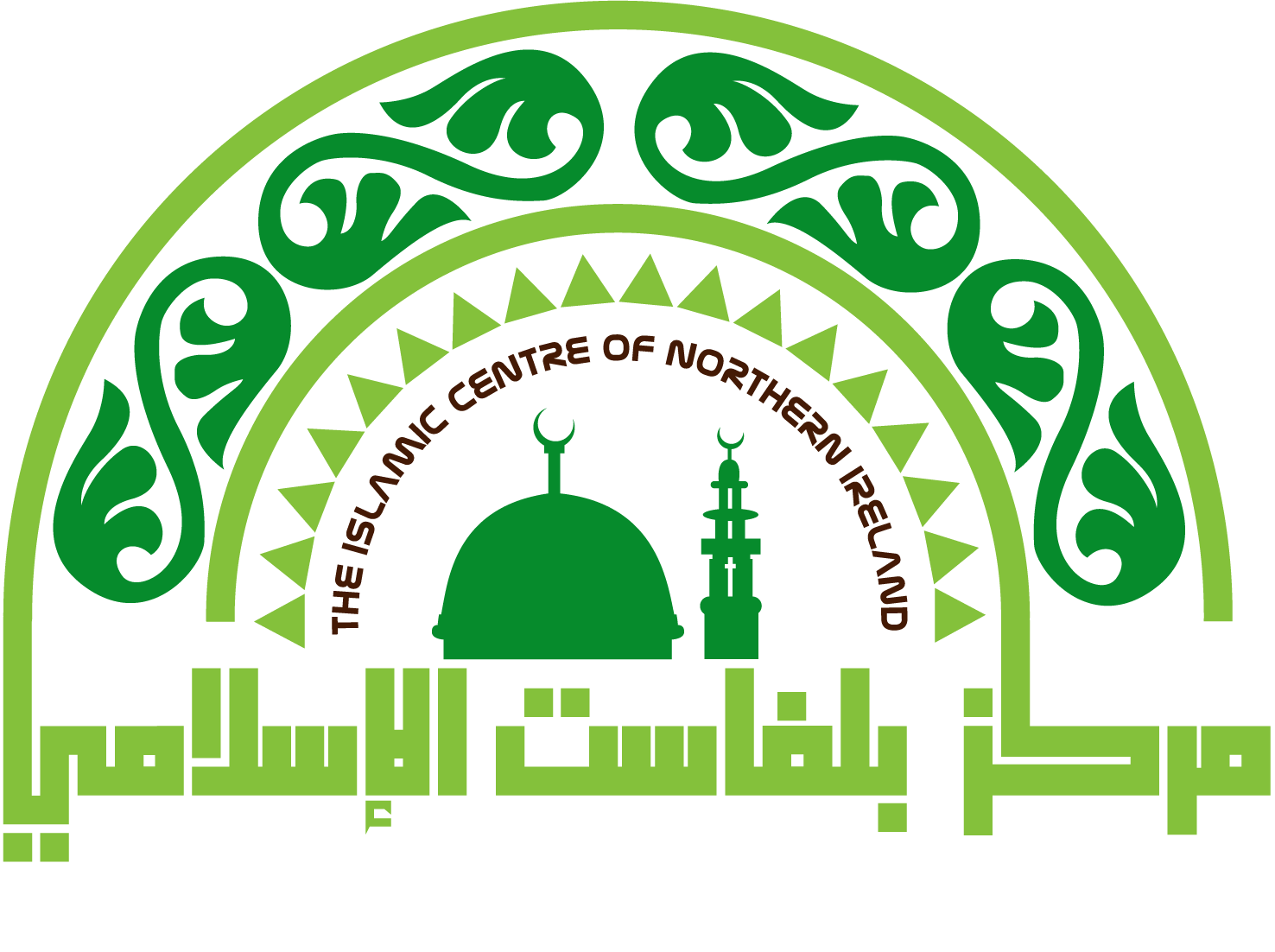*Updated for Covid-19 to allow healthcare professionals to assist patients who may not be permitted to have family visits*
Guidance for healthcare professionals dealing with Muslim Patients
Language
Like other religious communities, a proportion of Muslims in NI do not speak English as a first language. Although most speak English well, some members of the community may struggle with English. This may be particularly relevant to Syrian Refugees, Somali and Iranian Aslylum seekers and elderly among others. These individuals may be used to relying on family members for translations which will not be possible in the current conditions. Any information needed should be obtained from the family on admission.
We would like to draw attention to the importance of using telephone translation services that may be used to make sure patients understand what is happening to avoid additional distress. Big Word Telephone Interpreting Service 0800 757 3053 is contracted provider of telephone interpreting for all HSC Organisations in Northern Ireland. http://www.hscbusiness.hscni.net/services/2754.htm. Translators are also contracted by Business services. Please contact your line manager for more information.
For non-NHS providers Diversity NI are contracted to provide language for Syrians under the VPRS (Vulnerable Person Relocation Scheme): 028 9047 3737 and may be able to also help in some circumstances. Diversity NI do not provide translation services for NHS settings (see above).
USEFUL MULTILINGUAL RESOURCES:
Doctors of the World – Latest Guidance translated in to 44 different languages (external link) https://www.doctorsoftheworld.org.uk/coronavirus-information/
Migrant Health: Tool for those working in Primary Healthcare working with migrant patients. Disclaimer – UK link, although some advice may not be applicable to NI but may be useful for reference (external link) https://migrant.health/
Ramadan
During the month of Ramadan, a healthy Muslim does not eat or drink (even water) between sunrise and sunset. It should be noted that fasting may be interpreted as not accepting anything into the body in any way, including medication by injection. However, fasting is not obligatory for those who are ill. Muslims are often emotionally attached to fasting and often find it difficult not to fast during Ramadan even when it is not a religious obligation due to ill health. They may require additional reassurance around administration of medications during this time.
(Other exemptions for fasting are the very old, the young, women during pregnancy, after childbirth, breastfeeding mothers, menstruating women and those with underlying conditions eg Diabetes. Some within these categories will still attempt to fast).
Food:
If halal meat is not available a vegetarian diet is usually suitable. Eggs, seafood, fish and dairy products are all permissible. Muslims do not eat pork or any other pig meat ( for example, bacon, ham or pork sausages). Muslims also do not eat food or drink containing alcohol. If permitted family members may bring halal food to patients, if that is not possible please follow the guidance above.
Dress:
In general, unless necessary, a Muslim prefers not to expose his or her body. One may find varying adherence to this dress code depending on the individual and perhaps his or her culture and country of origin. However, in general terms, modesty dictates that a male is not allowed to expose the area between his umbilicus and his knees. A female is required to be covered apart from the hands and face, although a minority of women will cover their faces. The dress rule is applicable in the presence of members of the opposite sex however there is a certain amount of flexibility in the presence of members of the same sex. Hospital attire should be provided that meets these requirements, and if not, the patients can be advised to bring some of their own appropriate clothing. A beard is considered important to the Muslim male patient. Like any other patient care, permission must be obtained to shave any part of the beard, which should be done by a man.
Religious Observance:
A practicing Muslim prays five times a day at a stated period; at dawn (Fajr), at mid-day (Zuhr), late afternoon (Asr), after sunset (Maghrib), and late evening/night before going to bed (Isha). Prayer is obligatory and usually performed in congregation at a mosque but can also be conducted at home or any place where it is convenient and clean. If possible while in hospital a room should be made available for prayer. The hospital quiet room is usually suitable. A space is required to lay out a prayer mat. An indication of the direction of Makkah (Quibla), roughly south-east may be marked up to show the compass direction, although applications for mobile phones can be used to indicate direction. Prayer times are available on our website www.belfastislamiccentre.org.uk. In ill-health prayers may be performed while seated or even lying down. Muslims are required to wash (ablution) prior to prayer and so will need access to water. If this is not possible ‘dry abolution may be necessary. Tayammum (Arabic: تيمم) is the Islamic act of dry Ritual purification using a stone, clean sand or dust, which may be performed in place of ritual washing (wudu or ghusl). On Fridays, Muslim patients may wish to discharge themselves for approximately an hour for midday (Jummah) prayers which needs to be performed in a congregation if they are well enough to do so.
Women
According to the Qur’an men and women are equal and should be treated as such. The Muslim woman has the right to choose her husband. Both are considered equal partners in life. As a wife, she has a right to kind and just treatment by her husband, which she should reciprocate. She has a full right to participate in any decision, domestic or political. She can carry her own surname and does not lose any rights after marriage. She has full rights over the money that she earns. Domestic Abuse is not permitted in Islam.
A female Muslim should be cared for by females where possible.
Maternity Services
As above, a female Muslim should be cared for by females where possible. This is most important during confinement/delivery when strict privacy is essential. Only female health workers should be present with a female patient. The position of delivery should be discussed and the woman given the choice. There is no religious reason for a husband not be present during childbirth (they may not on cultural grounds in which case the woman should be encouraged to bring a birthing partner
The Newborn Child A newborn child should be bathed or bathing facilities made available to the parents and allow the Call to Prayer to be recited in each ear soon after birth. It is usually done by the father.).
End of Life Care:
Life and death are two realities accepted in Islam. “Every soul shall taste of death” 3:185 – Quran
Life and death are in the hands of God and we believe death is a change from this world into the Hereafter.
It is common to recite Quran in the room of the sick and dying. Particularly surah Ya Seen/Yaseen (chapter 36 of the Quran):
In the absence of this if possible it can be played on CD/MP3 or online:
Surah Yaseen
Other online sources:
https://quran.com/36
If the dying person is able to speak they are advised to recite the shahadah, or the declaration of faith in Arabic. This is recited in Arabic regardless of the individual’s native language:
لا إله إلا الله محمد رسول الله
‘Ashadu la ilahi illah-lah, muḥammadun rasulullah’
(There is no God but God and Mohammed is his messenger)
A dying person who can hardly speak may be assisted by someone to frequently say, “La ilaha ill al-lah” there is no god but Allah (God).
Prophet Muhammad (pbuh) said, “He whose last words are: La ilaha illal-lah, enters Paradise.”
When a patient dies
On the death of a Muslim we say Inna lillahi wa inna ilayhi raji’un (We belong to God and to him we return). إِنَّا لِلَّٰهِ وَإِنَّا إِلَيْهِ رَاجِعُونَ
When a Muslim patient dies. The body of a dead Muslim is as sacred as the body of a living Muslim. Handling should be gentle and respectful. The soul has gone, and the body is dead, but the soul is believed to watch over its own body and feels pained if it is not treated properly. The next of kin should be advised to contact the Mosque (see below for emergency contact) for funeral arrangements to be made. If no family are available, contact us directly for advice. The body should be prepared for transfer to the mortuary in accordance with the standard procedure for all patients and we will make arrangements to provide the Islamic rites for the body. The Muslim Community will support the bereaved family during the funeral period and in the time ahead.
There have been rumours that during the current crisis Muslims will be cremated instead of buried which has caused unnecessary stress. Please reassure patients and their families that this is not the case. There are dedicated Muslim burial plots in Roselawn and Muslims will be buried according to Islamic traditions.
More information on funerals can be found here:
http://belfastislamiccentre.org.uk/services/funeral/
Contact on case of death of a Muslim: Ali Khan: 07958284302
Belfast Islamic Centre, 38 Wellington Park, Belfast, BT9 6DN. info@belfastislamiccentre.org.uk
All the information in this guide is in good faith and for general information only.


